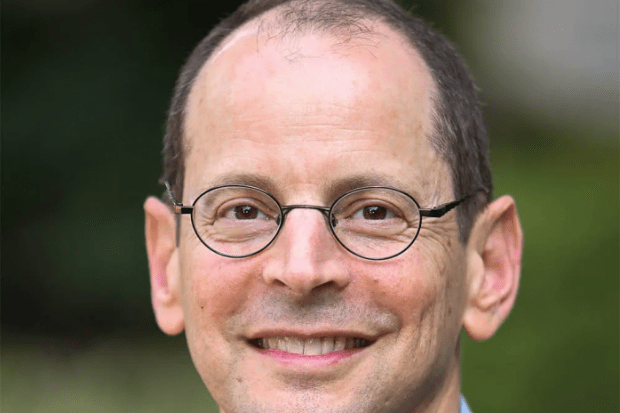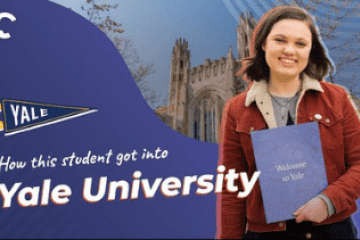Vice-chancellors face a difficult task asserting their free speech obligations against the “mob veto”, according to journalist and public policy expert Jonathan Rauch.
Mr Rauch said balancing free expression with safety concerns was a “hard problem” for universities. “Security can…very easily become an excuse for shutting down controversial ideas and speakers,” he told Times Higher Education during a visit to Melbourne.
“On the other hand, universities don’t have unlimited security budgets. It’s just darned expensive to have these people, and only those who can pay can play.”
After vowing not to accede to demands that they bar controversial speakers, vice-chancellors in Australia and New Zealand have postponed or cancelled planned events on safety or logistical grounds. Mr Rauch, who visited both countries on invitation from the Free Speech Union’s local chapters, said activists in his native US were capitalising on university administrators’ health and safety obligations.
“It’s…very easy to make it effectively impossible for dissident voices to be heard. Just threatening violence is self-enforcing because someone says, ‘It’s going to require security, which we can’t afford.’ The threat of violence becomes an automatic censorship card.”
Campus podcast: what to do when the principles of free speech are tested
Now a senior fellow in the Brookings Institution thinktank, Mr Rauch has dedicated much of his life to marriage equality. “Free speech is really the main weapon that we’ve used. When I was born, homosexual Americans could not work for the government. We could not legally have intimate sexual relations. We could not socialise with each other in clubs or bars. We were denounced from the pulpit as a stench in God’s nostrils. We were officially diagnosed by the psychiatric profession as mentally ill. I could go on and on.
“Now I’m married to my husband, and it’s not even controversial. We did not have votes. We did not have public support. We did not have money. We didn’t have anything except our voices.”
He said US activists increasingly regarded free speech as “a stalking horse for right-of-centre views” and a “hammer…to bludgeon marginalised people”. But overreach in free speech was far less of a threat to minorities than attempts to shut it down, he argued.
“The idea that governments should not only allow but affirmatively protect speech and ideas that are immoral, blasphemous, heretical, wrong-headed or obnoxious is the most counter-intuitive and crazy-sounding idea of all time. It’s redeemed only by the fact that it’s also the most successful social idea of all time. It would be tragic if social justice advocates abandoned it.”
Nevertheless, free speech remained “very hard to defend”, as evidenced by the recent “stunt” in the US Congress when three university presidents were denounced “on the notion that allowing students to chant ‘from the river to the sea’ meant the university was endorsing genocide. It’s very easy to demagogue these issues, and it always will be.”
Mr Rauch said the relative peacefulness of the pro-Palestinian encampments in Antipodean universities suggested that Australia and New Zealand were less divided than the US. But he warned that American trends were “coming this way”, as academics steered clear of race and gender issues.
“People are complaining that you can only take one view of the issue, or you’ll be cancelled. That polarisation in the US has made everything harder to handle. It’s contributed to the bad blood and the strife that we’re seeing on college campuses.”
He said accusations that the encampment protesters were practising hatred illustrated the difficulty of delineating such a concept. “Hate speech is anything that someone wants to label as hateful. It’s completely a matter of opinion. That makes administering hate speech laws very difficult. It becomes very hard to figure out how to limit and define them.”
Mr Rauch’s 2021 book, The Constitution of Knowledge, argued in favour of objective truth and everybody’s right to help shape it. He said the notion that “lived experience” trumped all other forms of information was “fundamentally incompatible” with modern science.
“Lived experience is a form of data. What someone’s lived experience does not allow them to do is disqualify someone whose lived experience is different. Anyone is entitled to criticise anyone else and to correct anyone else. It’s that diversity of criticism which propels knowledge.”
Using academic expertise to gatekeep discussions was “another form of argument by disqualification”, he added. “There are multiple viewpoints and perspectives, and while they should not all be accorded equal weight necessarily, they also shouldn’t be just disqualified.
“Too frequently, what people really mean when they say ‘only experts should be heard’ is ‘only experts who agree with me’.”
Register to continue
Why register?
- Registration is free and only takes a moment
- Once registered, you can read 3 articles a month
- Sign up for our newsletter
Subscribe
Or subscribe for unlimited access to:
- Unlimited access to news, views, insights & reviews
- Digital editions
- Digital access to THE’s university and college rankings analysis
Already registered or a current subscriber?






